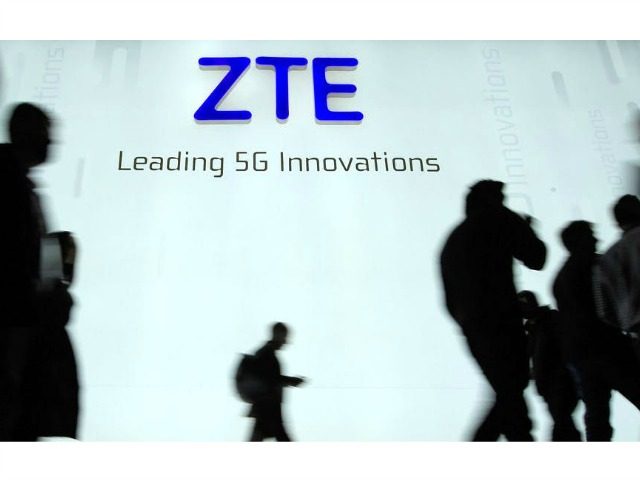Amazon has a China problem, because they have agreed to do business in a way that may end up compromising Amazon’s intellectual property.
Yang Jie and Liza Lin reported in the Wall Street Journal on November 14, 2018 that Amazon Web Services (AWS) “has sold computing equipment used for its cloud services in China to its local partner, Beijing Sinnet Technology Co., in a move analysts said underscores the increasingly chilly atmosphere for foreign companies in the country.”
Because China is protectionist and does not allow non-Chinese companies to own or operate cloud services, and as AWS put out in a statement, “In order to comply with Chinese law, AWS sold certain physical infrastructure assets to Sinnet, its longtime Chinese partner.” Although the company claims this transaction did not involve the transfer of intellectual property, the facts indicate that AWS was willing to risk the stealing of this property in order to get access to a massive Chinese market for cloud computing.
China has a tradition of enticing foreign companies with access to their markets, even though China has a tradition of stealing technology and outright piracy of foreign created intellectual property. Stanford Law Professor Paul Goldstein, in a blog post on the Stanford Law Review on April 10, 2018, argued that “although piracy and counterfeiting remain issues in China, the two newer forms of siphoning off foreign IP value are theft—often cyber theft—of extraordinarily valuable trade secrets and know-how, and the technology transfers required of American and other foreign companies as a condition to doing business on Chinese soil.” In other words, the price so many companies pay to get access to a massive market is to put their own valuable intellectual creations at risk of theft.
Professor Goldstein believes that these companies believe in the sanctity of trade agreements and are willing to “trade IP for access to the Chinese Market” even though China has a long history of engaging in acts that fall just short of “industrial espionage.”
China has a long record of cheating on trade agreements that, on paper, protect the intellectual property of American companies. Fareed Zakaria wrote on April 5, 2018 in the Washington Post, “but amid the noise and tumult, including the alarming tweets about Amazon and Mexico, let’s be honest — on one big, fundamental point, President Trump is right: China is a trade cheat.”
Zakaria argues that “the most extensive cyberwarfare waged by a foreign power against the United States is done not by Russia but by China. The targets are American companies, whose secrets and intellectual property are then shared with Chinese competitors.” The reason why companies can’t help but try to get access to China’s markets is that, as of 2001 when China joined the world trade organization, the nation has “1.3 billion people and a GDP of $2.4 trillion.”
This has become a national security problem, because Amazon is on the verge of getting a massive contract to conduct the cloud computing for the Department of Defense. Haley Peterson reported for Business Insider on April 4, 2018 that “the Pentagon is close to awarding a cloud-services contract worth as much as $10 billion to Amazon, even as President Donald Trump attacks the e-commerce giant from the White House, according to a source with knowledge of the deal.” The price that AWS may have paid to get access to a massive Chinese market is losing this contract, because this contract may compromise national security information held by the Department of Defense.
If China can do what they have done to many other companies and figure out how to copy the AWS cloud computing technology, they can figure out a way to hack into the Department of Defense cloud managed by AWS.
This is a big problem for Amazon and they may have paid a very high price to get access to the Chinese market – the price being the loss of a multi-billion dollar contract with the U.S. government.

COMMENTS
Please let us know if you're having issues with commenting.